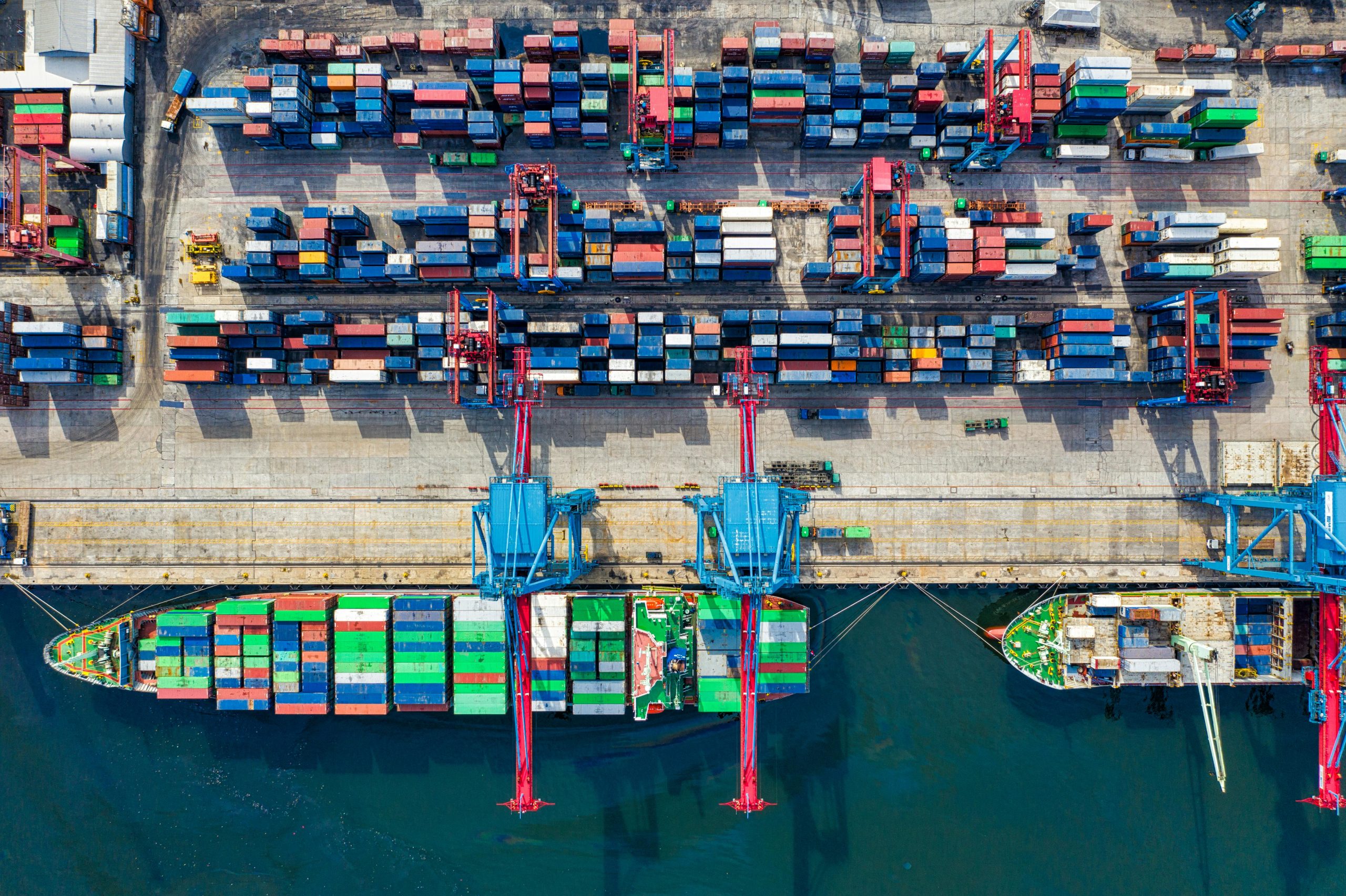
Transport logistics: how to avoid losses, speed up deliveries, and cut costs
Delivery issues lead directly to financial losses for businesses. Frequent delays, paperwork confusion, and budget overruns eat into margins and undermine customer trust. But these problems can be avoided with effective transport logistics, a system that brings control and transparency to your supply chain. Strong logistics is essential for online stores shipping across regions or countries, manufacturers and distributors handling large volumes, and participants in international trade. Some of the logistics functions can be handled in-house but most companies delegate this task to professionals with the right infrastructure and technology.
So what exactly is transport logistics, what are the available methods, and what do you need to know about freight transport? Let’s break it down.
What tasks does the logistics company solve?
A reliable logistics partner assumes full responsibility for transportation. International transportation management includes:
- Route planning that considers deadlines, cost, weather conditions, and customs requirements;
- Choosing the right mode of transport based on the type, volume, and urgency of the shipment;
- Preparing all necessary documentation, including waybills, invoices, and permits;
- Customs clearance, which is especially critical in cross-border logistics;
- Coordinating loading and unloading operations, including cargo insurance;
- Monitoring and support throughout the entire route.
These processes are critical, but sometimes invisible to the end client. However, they determine whether delivery will be fast, safe, and cost-effective.
How freight transport is organized and which model to choose
The transportation management begins with an analysis of the cargo: dimensions, weight, and storage requirements. Then, the logistics manager plans the route, selects the mode of transport, considers the budget, customs specifics, and delivery timeframe. Based on these parameters, the right logistics model is also chosen. The simplest one is unimodal, where one mode of transport is used. In more complex cases, combined, multimodal or intermodal solutions are used: one operator, several stages, and a minimum of risks. For example, container transportation by rail and sea with a single control is a form of modern multimodal logistics.
The Duke Active team can help identify the best model for your business. Leave us a request, and we’ll tailor the optimal delivery format to your goals, cargo type, and geography.
Types of transport: which is right for your cargo?
So, what to choose for your cargo? This choice depends on what is more important for the business: speed, price, or volume. For example, shipping electronics from China by sea will cost four times less than by plane, but will require much more time and intermediate logistics.
Mode of transport | Delivery speed | Cost | Load capacity | Route flexibility | Geographic use | When to choose |
Road | Medium (1–5 days within a country) | Medium | Medium (up to 20–22 tons per vehicle) | High – routes can be adjusted | Domestic and cross-border transport within a continent | For door-to-door delivery, fast regional transport, and last-mile logistics |
Sea | Slow (2–8 weeks) | Low (lowest cost for large volumes) | Very high (containers up to 26–28 tons) | Low – dependent on ports and fixed schedules | Intercontinental shipping | For bulk cargo, large shipments when time is not critical |
Rail | Faster than sea, slower than road (7–15 days) | Medium (cheaper than air, more expensive than sea) | High (up to 65 tons per railcar) | Medium – depends on rail infrastructure | Eurasian routes (China–Europe, Ukraine–EU) | For large shipments needing a balance between cost and speed |
Air | Very high (1–5 days) | High (3–5 times more expensive than sea) | Low (up to 500–1000 kg) | Medium – depends on schedules, but without transshipment | International and global delivery | For urgent, valuable, or fragile cargo |
Multimodal / intermodal | Depends on combination | Budget-optimized | Combined | High if well-planned | Global | When you need to combine the advantages of different transport modes in one solution |
How transport logistics helps your business
Well-executed logistics create a competitive edge. Companies that automate logistics or outsource it to professionals usually show more stable financial performance. So, among the key benefits:
- Cost optimization through smart route planning, proper transport selection, and minimized idle time;
- Faster deliveries, which reduce turnover cycles and improve supply chain responsiveness;
- Better customer service thanks to predictable delivery times and reduced delays;
- Fewer losses and damages, due to professional handling, packaging, monitoring, and insurance;
- Regulatory compliance through proper documentation, certification, and customs reporting.
Modern technologies that enhance logistics
Today’s international logistics rely heavily on digital tools that boost control, reduce risk, and improve efficiency at every stage.
- Real-time tracking – visibility and responsiveness
GPS monitoring enables real-time shipment tracking, allowing for quick responses to delays and route adjustments to stay on schedule. - Electronic documentation – speed and accuracy
Automated processing of waybills, invoices, customs declarations, and reports speeds up paperwork, reduces human error, and ensures compliance. - CRM and customer data management – transparency and engagement
Centralized systems track order history, monitor shipment status, and facilitate communication with clients through a single interface. - System integration – full operational control
Combining logistics services into a unified platform gives businesses real-time visibility over all processes and supports fast, data-driven decisions.
Conclusion
Transport logistics is a strategic tool for managing costs, service levels, and risk. When it is organized professionally, the company gets controlled costs, fast deliveries, and predictable results. When logistics is undervalued, problems accumulate, reputation suffers, and profits melt away.
Our company has been organizing shipments for over 19 years and is a member of international logistics associations. We help businesses focus on their core operations while we handle the complexity of transportation, from route planning to final reporting.
Contact us to find out how we can optimize logistics for your business.